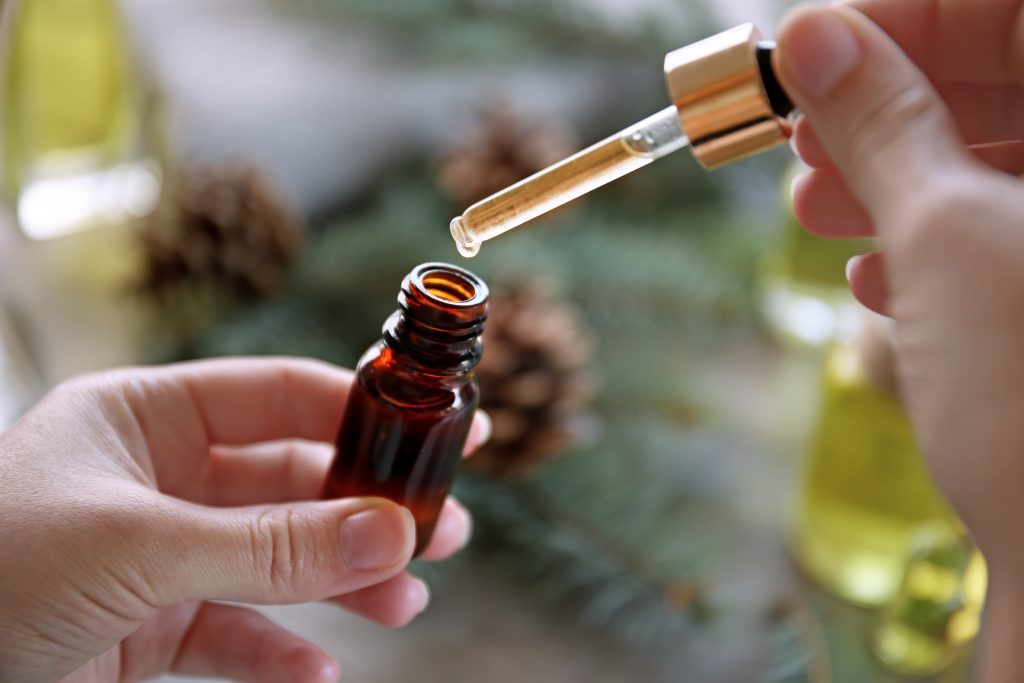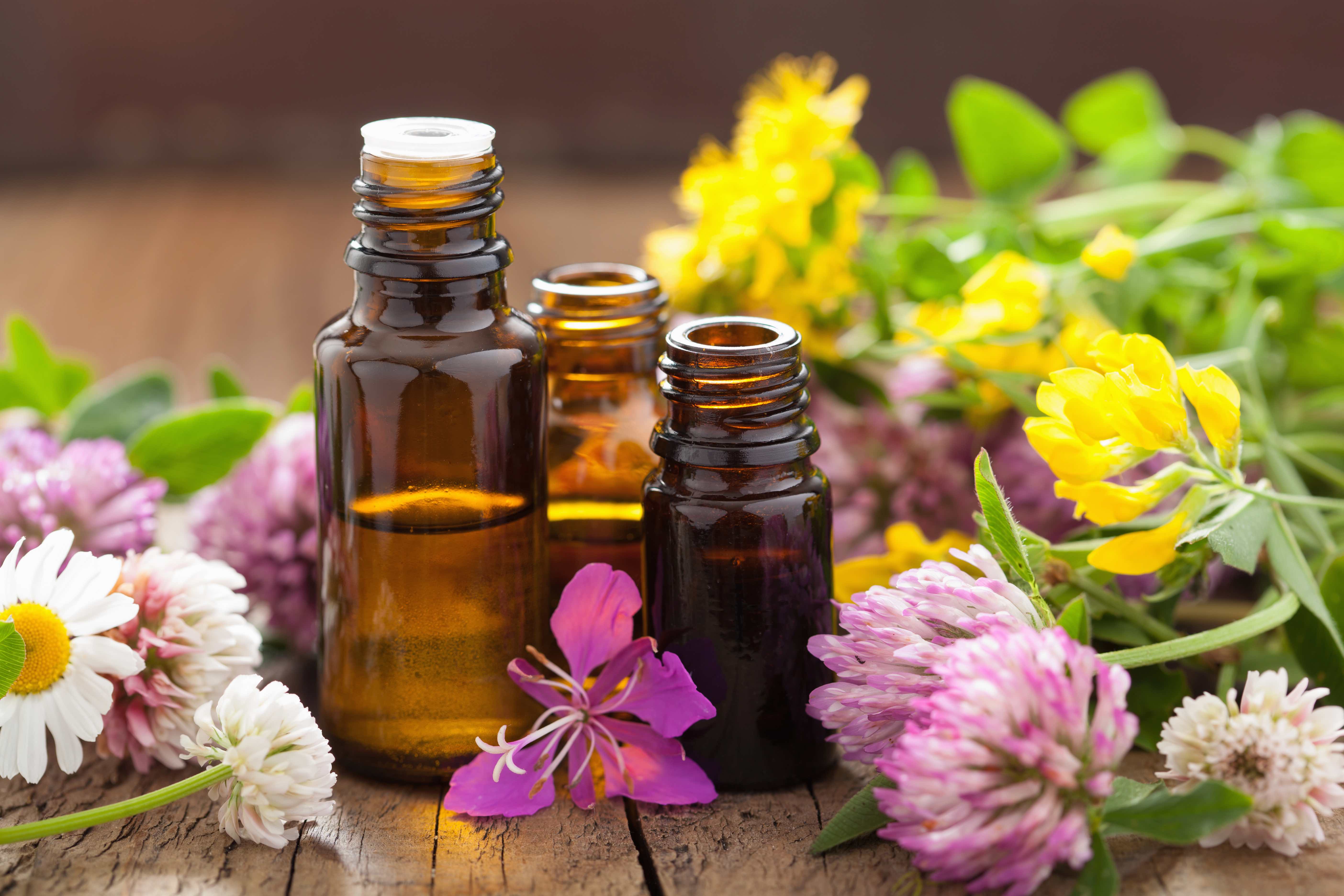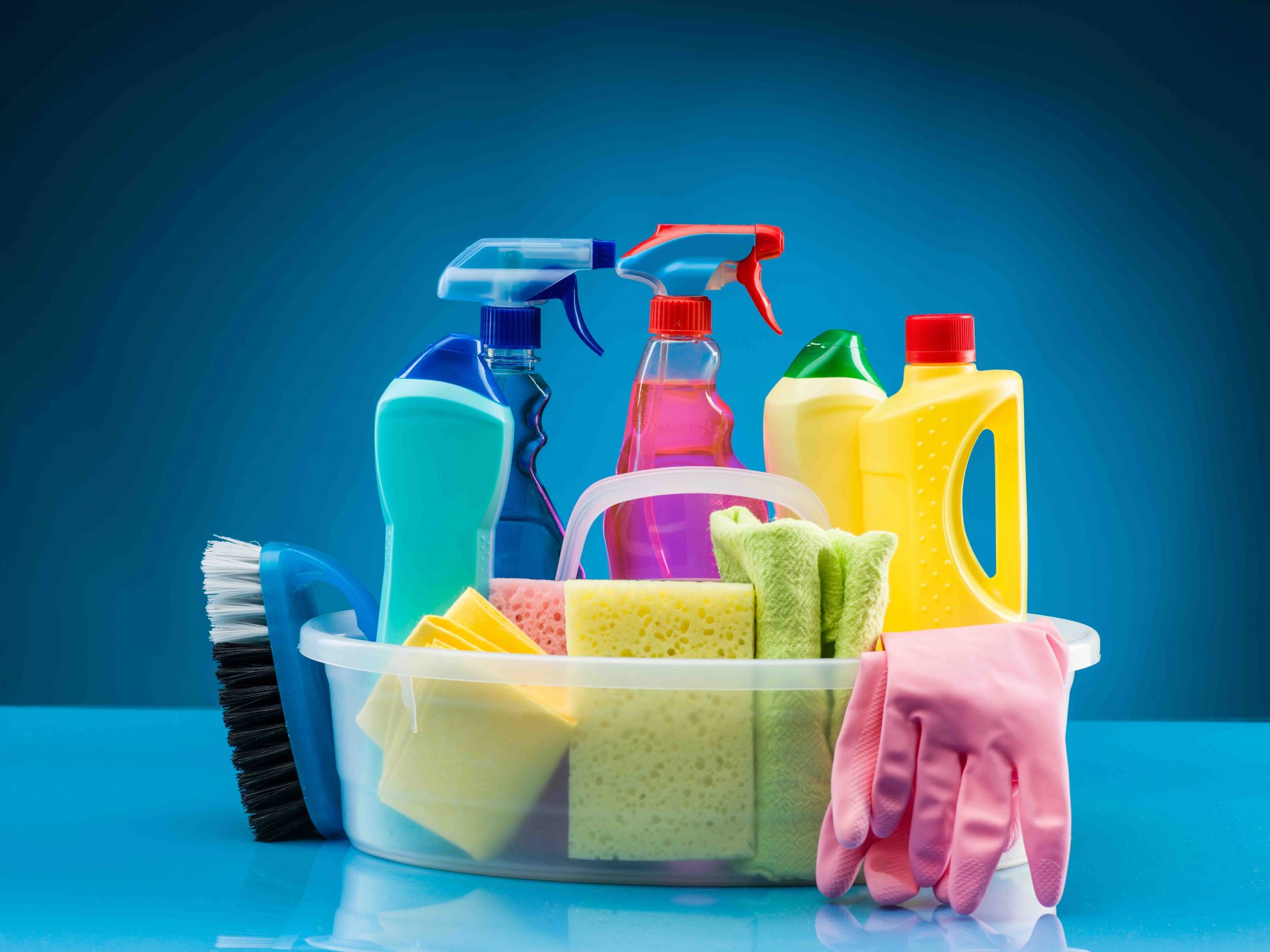The culture of medicine is changing. There has been a huge movement in the past decade towards natural healthcare. We see droves of people heading to their local health store in search of natural ways to take care of their health such as the best essential oils. Of course there is always a time and place for modern medicine, but the two can work hand in hand.
Essential oils are one of the many options available to anyone looking for a natural alternative. While the mainstream use of essential oils continues to grow, oils have been around for centuries. The Egyptians used plant extracts for health and religious reasons. In fact, Jean Valnet used oils to successfully treat injured soldiers in WWII. Today we use these as simple and effective solutions for wellness and a healthy lifestyle.
Be The Healer In Your Home
For those of you who may not be familiar with essential oils. You may be asking yourself, “How can these drops of oil help?”. Oil use is spreading like wildfire because more and more people are learning about research being done, and are finding out that essential oils are legit! Your life can be powerfully affected by these oils. Even if you don’t know much about them yet.
Essential oils are more than just herbs! They are volatile aromatic compounds that are up to 70 times more potent than herbs. Using essential oils may seem foreign, but with the right guidance they can be a simple and rewarding addition to every medicine cabinet. With proper use there are no side effects and they work quickly and effectively.
Click here to read, “5 Ways To Heal The Mind & Body By Using This One Oil!”.

Best Essential Oils
When your child wakens during the night with an upset stomach, you can feel confident reaching for essential oils to settle them. Bug bites, burns and most common ailments and so much more can be supported with these amazing drops of oil. For example;
Peppermint Essential Oil
A single drop of certified pure peppermint oil can be all you need to tackle your next headache, digestive or respiratory discomfort, or maybe just your bad breath!
Lavender Essential Oil
Lavender is widely know for its calming and relaxing qualities. However it is such a versatile oil that it is also used for many skin conditions such as;
It can be particularly useful with sleep and stress. With proper dilution essential oils can be used for everyone in the family.
Lemon Essential Oil
Lemon can be used to cleanse and purify the air using a cool-mist diffuser. It is an uplifting and energizing oil that can help improve mood. Lemon essential oil can naturally cleanse the body and aid in digestion. When combined with lavender and peppermint, it can support those with seasonal discomfort.
Choosing The Right Oils For You
There are more than 90 essentials oils. Each of which contains hundreds of different compounds, providing versatile abilities to combat threats. Understanding their potency and safe usage practices is important for everyone just starting out. There are many resources about essential oils that can help you on your journey. But note that not all essential oils are created equally. So do your research before picking up your next bottle.
You may also enjoy, “What Exactly Is Homeopathy?”
Jo-Anne Richardson has almost a decade of experience managing a chiropractic office and educating patients on how chiropractic can allow your body to express optimal health. She is a Registered Holistic Nutritionist and holds a Degree in Communications. She loves to experiment with raw vegan recipes, loves to salsa dance, travel and learn new holistic health information to share tips with everyone who visits the office.


